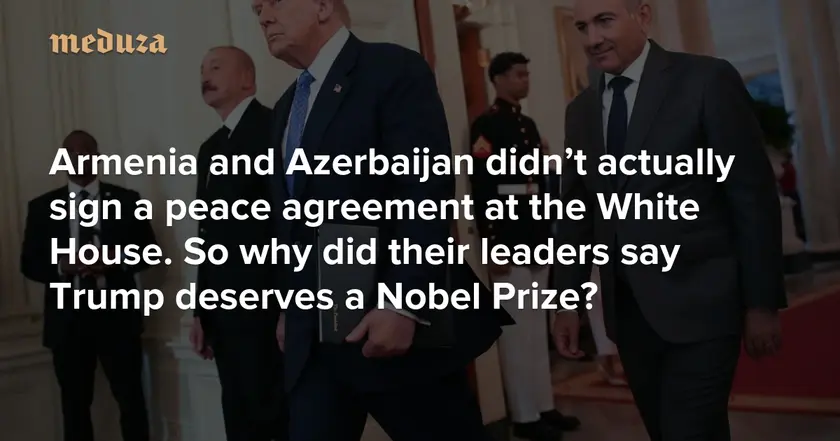T4K3.news
Plastic treaty talks end in deadlock
Negotiations under the UN framework failed to bridge divisions on production limits and recycling rules.
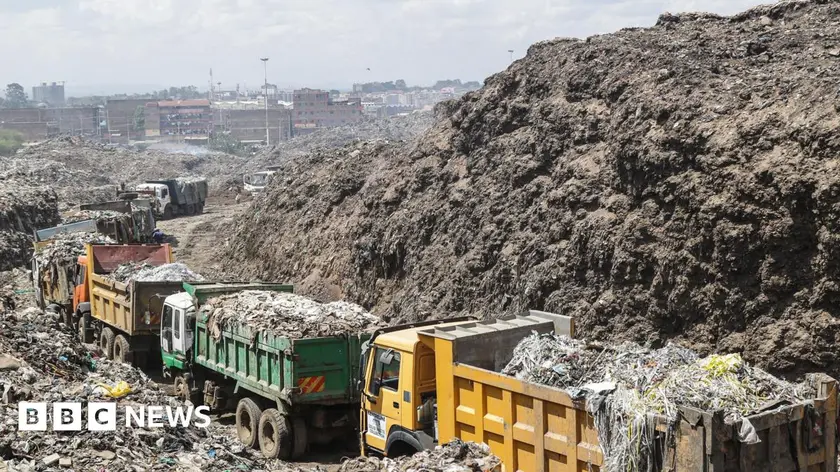
UN-led negotiations on a global plastics treaty ended in deadlock as countries clashed over production limits and recycling rules.
Plastic treaty talks end in deadlock as nations split
The latest round of UN-led negotiations on a global plastics treaty ended without a breakthrough. Delegates remain deeply divided over whether the treaty should curb plastic production at the source or focus on strengthening recycling and waste management. Major oil-producing nations, including Saudi Arabia and Russia, argue that plastics are essential to future economies and that better waste collection and recycling infrastructure can reduce harm without cutting production.
Progress on packaging design and global recycling standards was discussed, with proponents recommending simpler, more uniform rules to improve the value of recycled materials. The Business Coalition led by the Ellen MacArthur Foundation backed measures such as standardizing bottle color to simplify recycling and introducing extended producer responsibility to fund recycling efforts. The coalition says these changes could raise substantial new revenues for governments through fees on plastic products, potentially helping close funding gaps for recycling programs. The discussion comes amid data showing recycling rates around 10%, and plastic production rising from about 2 million tonnes in 1950 to roughly 475 million tonnes in 2022, with more growth expected absent tougher measures.
Key Takeaways
"Focusing on ending plastic pollution should be the priority here, not ending plastic production."
Eisenberg on policy priorities
"Even if we manage to boost recycling to 30 percent, it would remain a substantial amount that is polluting the environment and damaging human health."
Velis on recycling limits
"We cannot really hope that this solves all aspects of plastic."
Velis on limits of solutions
The deadlock highlights a deeper tension between how to balance economic interests with environmental needs. Wealthier nations push for ambitious limits on production and stronger design standards, while oil-rich producers demand room to maintain plastics-based jobs and trade in a changing energy landscape. If the talks stall, the risk is clear: policy momentum could stall just as pollution from plastic continues to mount. Yet there is a path forward in incremental commitments, with clear standards for product design and a robust financing mechanism for recycling through extended producer responsibility. The next rounds will test whether negotiators can translate gathering consensus into binding rules that actually change how plastics are produced, used, and recycled.
Highlights
- Focusing on ending plastic pollution should be the priority here, not ending plastic production.
- Even if recycling rises to 30 percent, it would remain a substantial amount that is polluting the environment and damaging human health.
- We cannot really hope that this solves all aspects of plastic.
- Plastics are fundamental for modern life, they go in everything.
Political and budget sensitivity around global plastics treaty
The talks touch on national budgets, economic interests in the fossil-fuel sector, and potential public backlash. Divisions among major producers and importing nations could lead to volatile negotiations and unequal outcomes, especially if funding for recycling remains uncertain.
The challenge is not just agreement, but follow-through that reshapes an industry built on convenience.
Enjoyed this? Let your friends know!
Related News
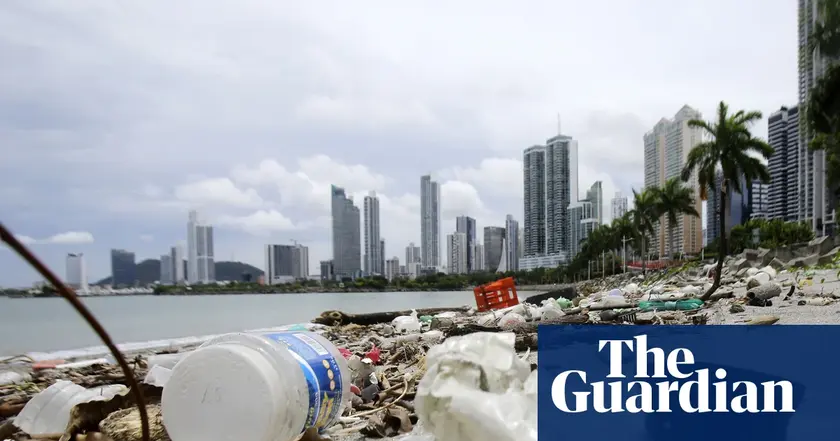
Geneva plastic talks stall after failed rounds
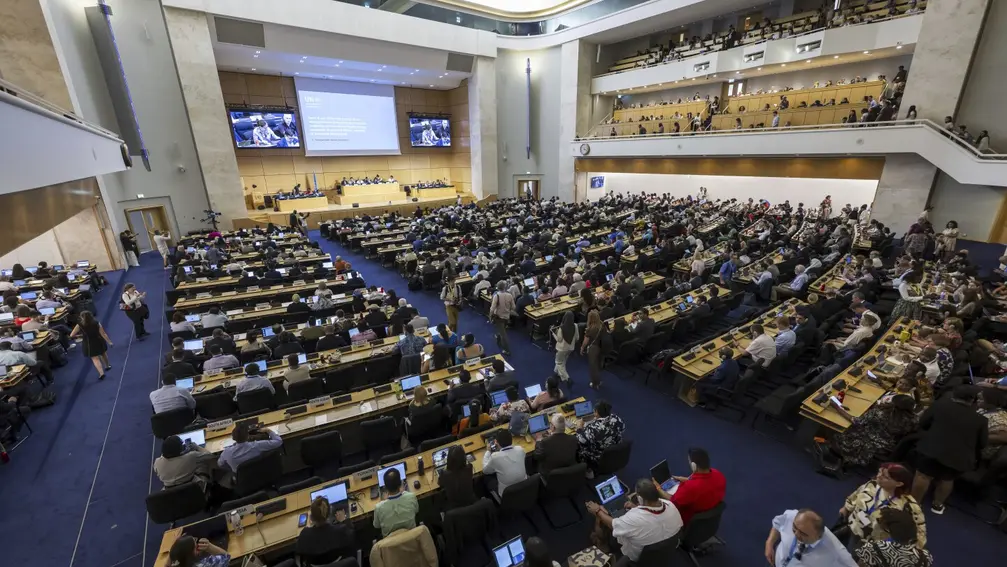
Global plastic talks near deadline
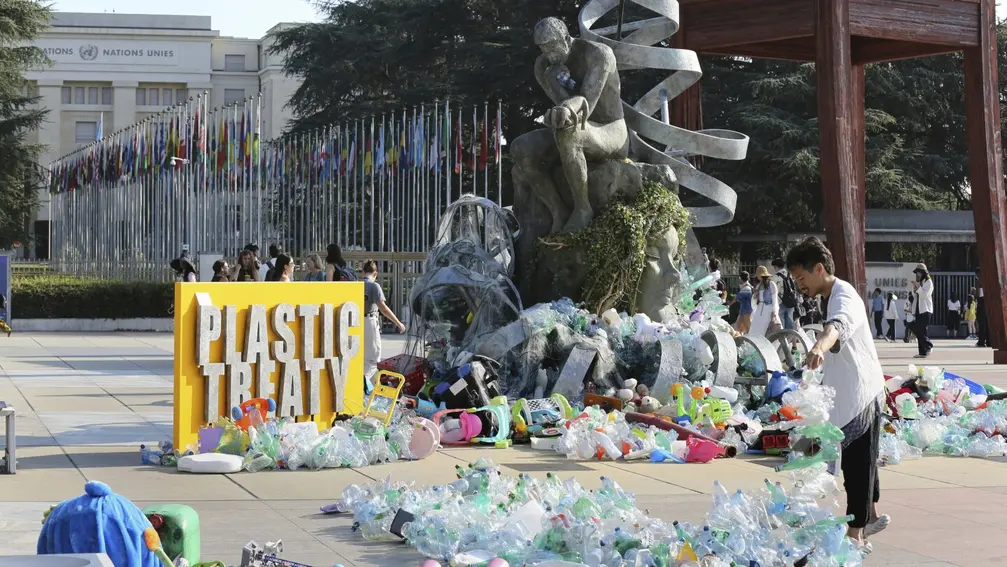
New step in plastics treaty talks
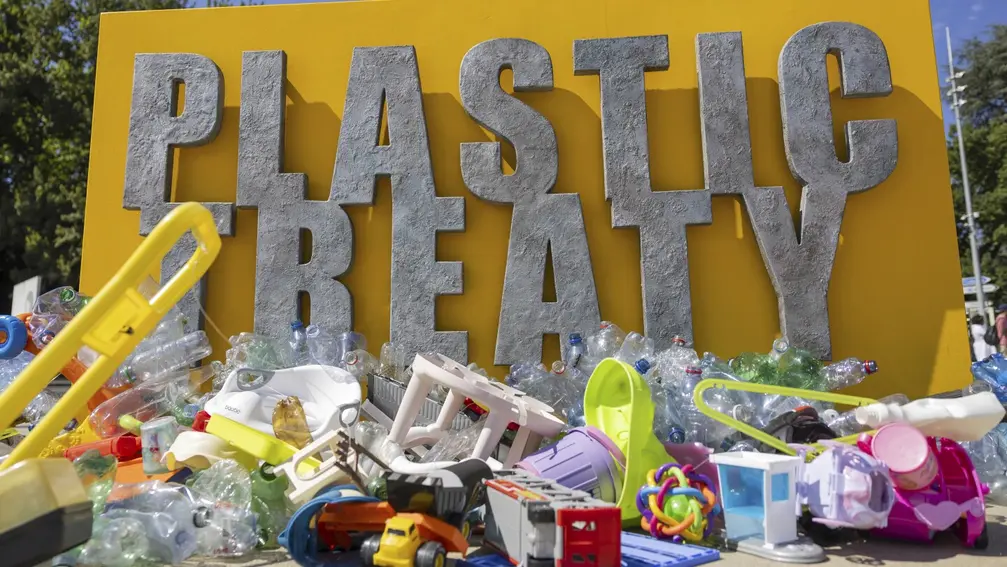
US stance at plastic talks sparks debate
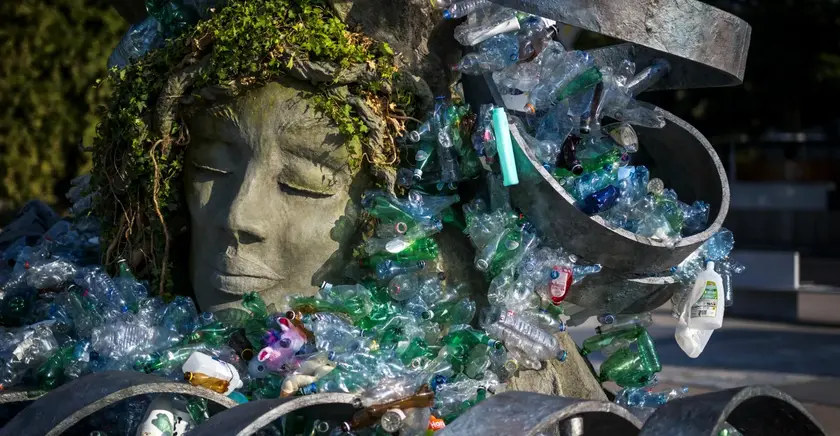
Microplastics detected near Geneva talks
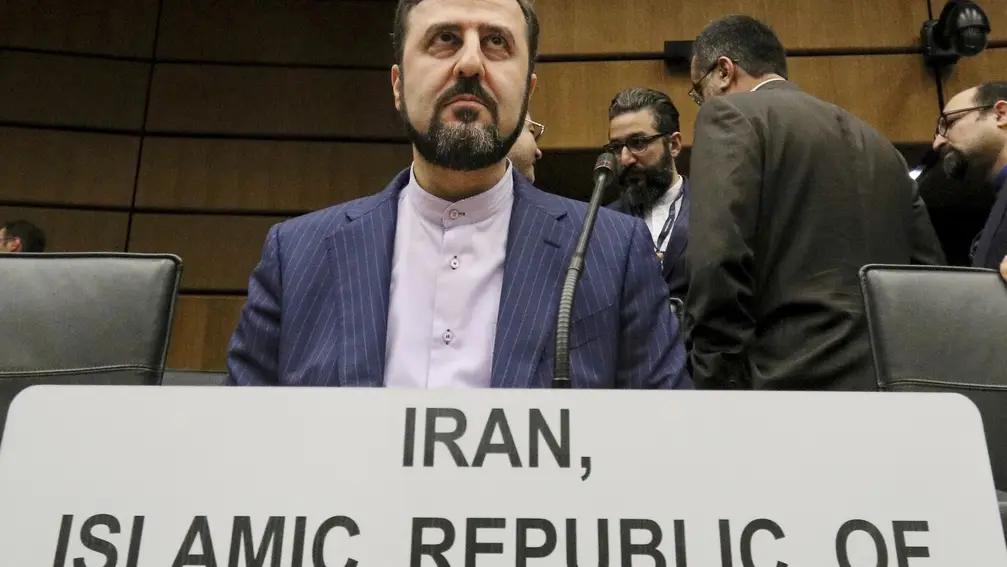
E3 warns Iran of sanctions on nuclear program
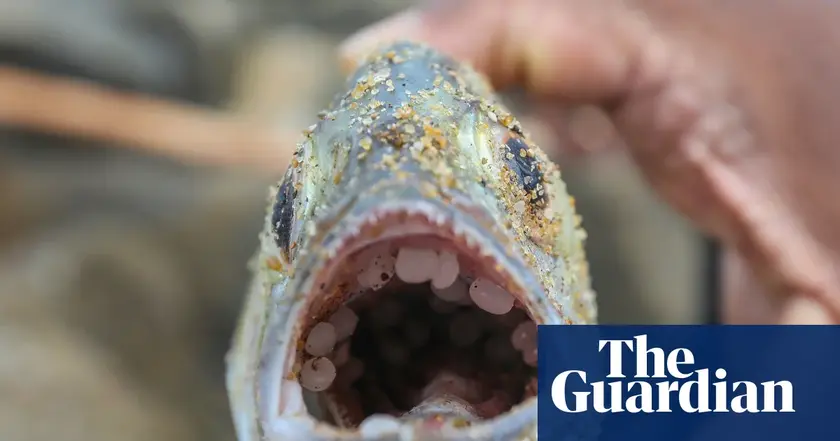
Nurdles threaten Kerala coast status update

Trump signals peace talks with Russia ahead of Alaska summit
